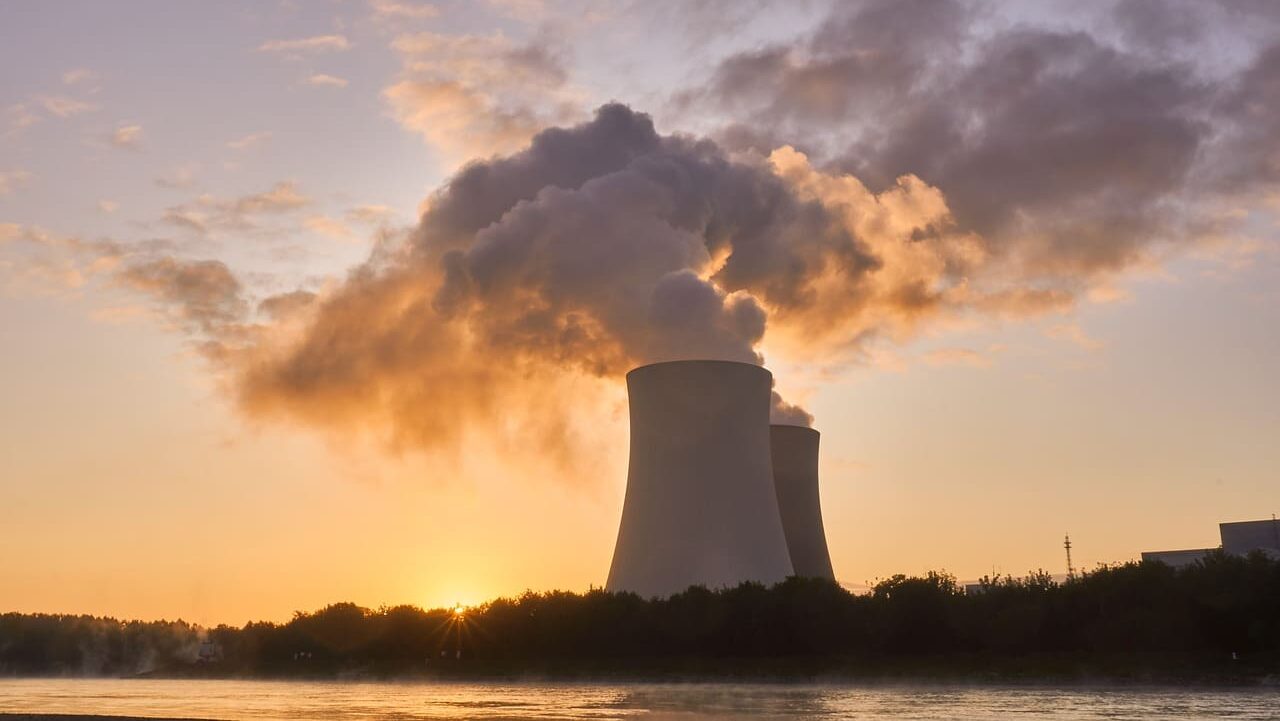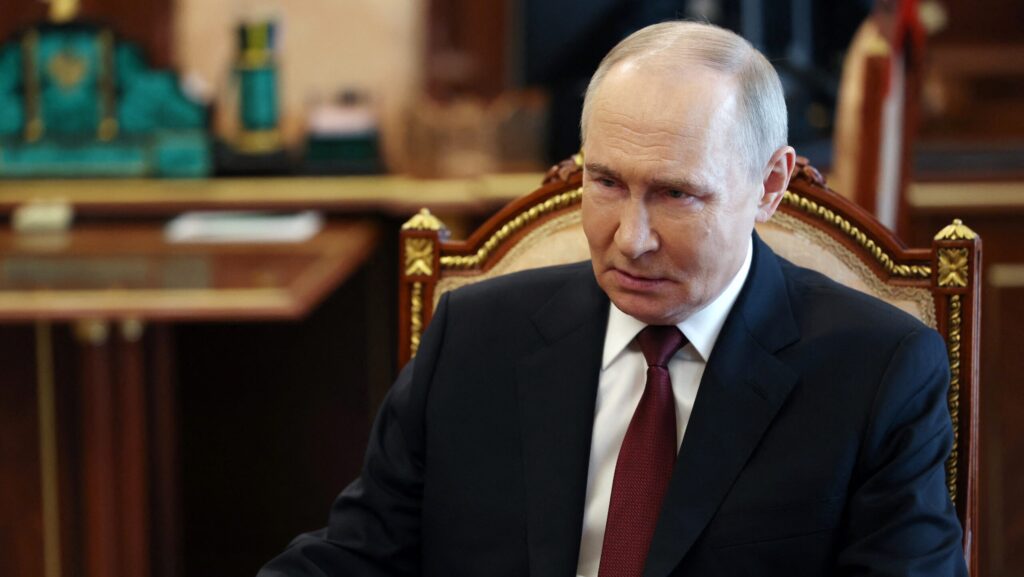In a recent lengthy article, POLITICO analyses the areas and methods through which Russia could be further weakened and thus ‘bring peace to Ukraine.’ The liberal paper begins by pointing out that the sanctions have not achieved the hoped-for results for several reasons. Firstly, the EU is not penalizing areas that actually generate significant revenues for Russia. Secondly, there is not always consensus among Member States, and because of ‘Hungary’s fierce opposition’ and its good relations with Russia, Brussels may rightly feel that it has run out of tools to stop Moscow.
POLITICO then lists five ways in which the EU could inflict real damage on Moscow: in addition to imposing a ceiling on oil prices, banning Russian metal, cutting off gas supplies, and sanctioning those who do business with Moscow,
the portal also suggests rejecting Russian nuclear energy.
While the income derived from nuclear energy may not be as substantial as that from natural gas or oil, collaboration within this domain yields a potent soft power leverage and grants Russian state-owned enterprises entry to critical European infrastructure.
Ukrainian officials have repeatedly urged their European allies to disengage from Russian nuclear energy. Kyiv’s Deputy Energy Minister Farid Safarov told POLITICO in November last year, that it was imperative for European countries to cease dealings with Russia’s state nuclear power giant, Rosatom. However, the situation is far from straightforward, and it contradicts the interests of European states. POLITICO, naturally, highlights Hungary as an example of a barrier to sanctioning Russian nuclear energy. Nonetheless, several other member states also collaborate with Russian nuclear companies, including France, one of the most influential countries in the EU. Paris has made substantial efforts to bolster its nuclear capacity in recent years, with 56 plants currently operational in the country, constituting 70 per cent of France’s annual electricity production.
In Hungary, the expansion of the Paks nuclear power plant is underway with the involvement of Rosatom, in which the French energy company Framatome also participates by supplying the control system for the Paks II reactors. Through this arrangement, Hungary has managed to sustain its energy ties with Moscow while also addressing the security apprehensions of its Western allies.
Prime Minister Viktor Orbán and Foreign Minister Péter Szijjártó have consistently asserted that Hungary will oppose any attempt to impose punitive measures on Russian nuclear energy. Such a stance is hardly surprising, given that the Paks nuclear power plant currently furnishes half of Hungary’s electricity supply—a figure set to increase to 70 per cent upon completion of the expansion.
Aware of this, other member states, which also engage in dealings with Russian nuclear companies,
often defer to the Hungarian veto instead of asserting their own interests unequivocally and openly.
‘When it comes to nuclear, I think it’s pretty clear,’ remarked a European diplomat to POLITICO. ‘Hungary has been crystal clear they would veto it—and probably some other member states are hiding behind Hungary too.’ This phenomenon has been highlighted many times by Péter Szijjártó, who noted that other member states frequently rely on Hungary’s veto because criticizing—or potentially blocking—sanctions they disagree with could provoke severe backlash from the Western media. According to an earlier article in Die Welt print edition, France is among those states clandestinely opposing sanctions on Russian nuclear energy.
Nuclear energy plays a pivotal role in the transition to green energy and in accomplishing Europe’s climate objectives. It is not coincidental that last March, a nuclear coalition was established within the EU, spearheaded by France, comprising twelve countries. According to Péter Szijjártó, the parties agreed at the time to collaborate closely in countering ‘artificial, ideology-based negative discrimination against nuclear energy.’ Viktor Orbán also extensively addressed the significance of nuclear energy in his State of the Nation address last week, emphasizing that the green transition would be inconceivable without it. With contributions from the Paks nuclear power plant, Hungary’s energy sector is anticipated to attain climate neutrality by 2040, thereby meeting and even surpassing the targets set by Brussels.
It is evident that Russian nuclear energy will not be subjected to sanctions under any circumstances. However, the fundamental question remains regarding the efficacy of punitive measures. Due to the interdependence between Russia and Europe,
imposing sanctions on truly critical sectors risks causing even more damage to Europe itself.
FM Szijjártó underscored this point during discussions on the 13th package of sanctions held by the foreign ministers of member states in Brussels on Monday.
‘These sanctions packages have undermined European competitiveness while bolstering that of other global economic players. This represents a double failure, double disadvantage, and double mistake. It would be beneficial if our colleagues here in Brussels could finally draw these conclusions,’ Péter Szijjártó remarked. He lamented the persistence of a war psychosis within the EU, with the majority remaining unwilling to amend the failed strategy. ‘It is now evident that a solution cannot be achieved on the battlefield, and the longer the conflict persists, the greater the extent of destruction will be,’ he concluded.








